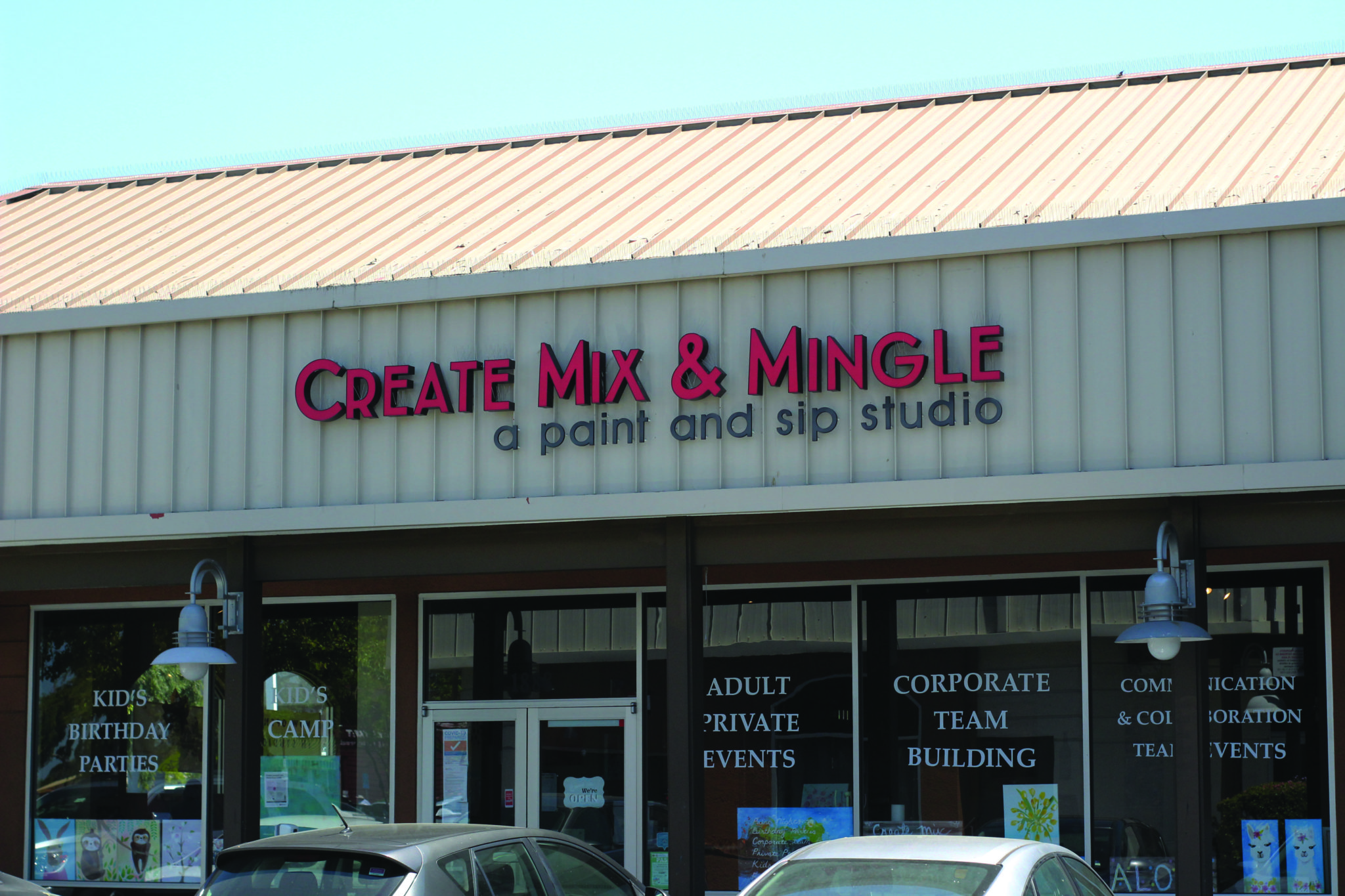
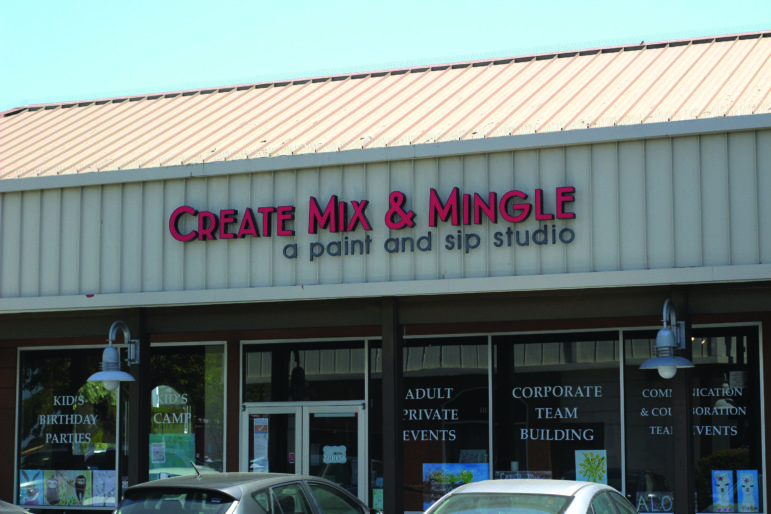
In April of 2020, The Aragon Outlook spoke with local business owners to explore the pandemic’s impact on them. More than a year later, here is how they have adapted their operations.
With the arrival of the American Rescue Plan, a $1.9 trillion stimulus bill passed in March, the economy is gradually recovering. The bill included $1,400 stimulus checks for eligible individuals, unemployment program extensions and support for businesses. According to Vox, about $50 billion was set aside for small businesses.
However, financial aid has its limits. Local businesses had to implement new strategies to sustain themselves, and those who were unable to faced bankruptcy.
Aragon parent Deborah McNamara owns a studio called Create Mix and Mingle in San Mateo that holds art classes, camps, birthday parties and other events. Her business was hit hard early last year when customers started canceling their sessions.
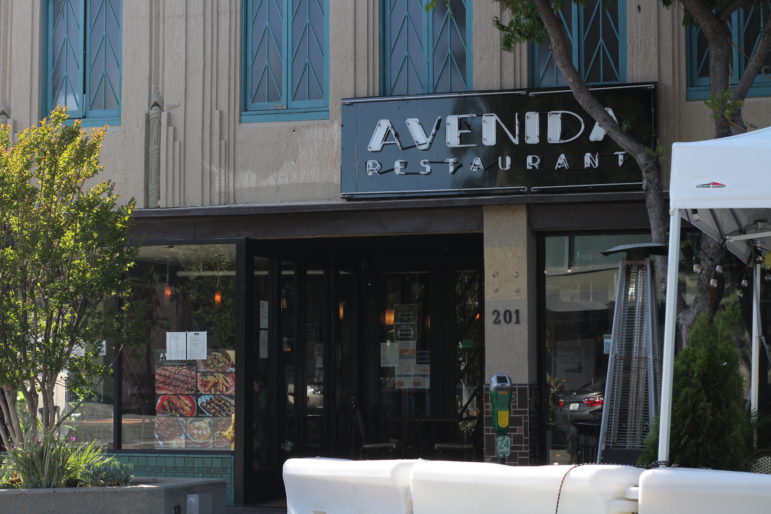
“We are a small business that is woman-owned and self-funded, so we don’t have a lot of capital to work with,” McNamara said. “Refunding all of that was impossible, so … [we] started … to pivot … to a virtual model.”
Hosting the events through Zoom was easy, but the business needed to find a way to distribute art materials to the guests.
“We had to … buy packaging, set up shipping and … ask for [reusable] items to be returned,” McNamara said. “It seemed like [we were working] harder than we’ve ever worked in eight years.”
Adding the virtual model proved useful in compensating for the lack of in-studio camp attendees.
“We [held] three [in-person summer] camps, … but … we had eight kids attending [each when] we … used to [have] 30,” McNamara said. “[Although] the virtual classes were two hours [compared to the] … in-studio classes [that] were five hours per day, I felt like … we could have never stayed open [without that] camp revenue.”
Emel Mutlu helps her father Mustafa Mutlu, who was also interviewed by The Outlook last year, run The Market at Edgewood in Palo Alto: an independent, family-owned grocery store that expanded from Crystal Springs Produce in San Mateo.
“COVID-19 was a [temporary] silver lining [for us],” Mutlu said. “A lot of people who were locked up at home started to cook, … which [increased] … their shopping.”

The Market at Edgewood didn’t have a strong need to change its business model since the pandemic began.
“There was a … boost in business … from March 2020 until the end of May,” Mutlu said. “[Then it] … started to slowly decline back to [usual] levels.”
Aragon parent Dr. Wen Wu owns a dental office in Foster City. The office’s patient flow is not back to normal yet because of the social distancing requirements.
“We treat [patients] … with no overlaps,” Wu said. “Regular cleaning used to be 30 minutes. Now … we need … another 15 minutes to [sanitize] the room.”
Wu applied for the Paycheck Protection Program, a forgivable loan program created by the coronavirus relief bill passed last March. According to the U.S. Small Business Administration, a second-draw applicant would need to demonstrate that their business had at least a 25% revenue reduction between 2019 and 2020 in order to qualify for the program.
“At the beginning of [this] year, my business was maybe only 70% back to normal, … so I got a [second] loan [that kept] … the office running despite the high rent [and slow] business,” Wu said.
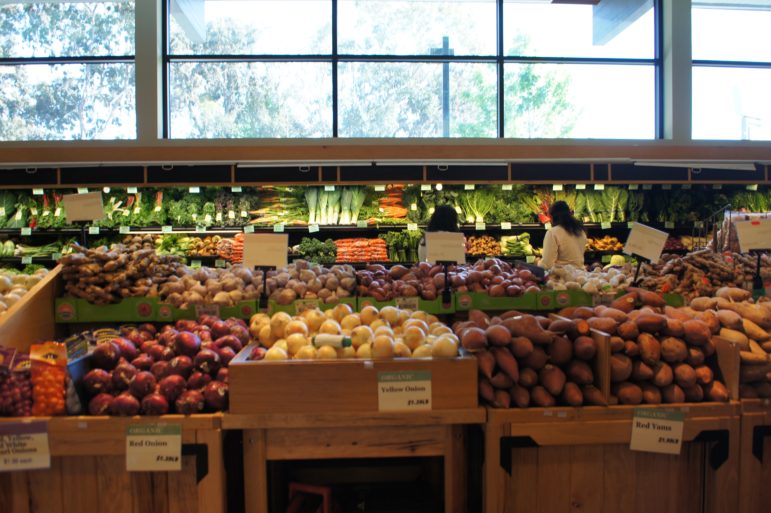
PPP loans were also crucial in Create Mix and Mingle’s survival.
“We received two PPP loans … [and] would [have] absolutely gone out of business … without [them],” McNamara said. “[We still] … try [to] … look for business wherever we can find it.”
Through deliberation and marketing, the studio became much more versatile with its services. With online learning, there was a growing demand for a space where working parents’ kids could be supervised.
“We were able to offer a distance learning pod in our studio,” McNamara said. “We provide a place for [students] to be socially distanced. [The] learning coaches make sure they [stay] on track.”
Having a good business reputation before the pandemic struck was a bonus.
“We did a lot of telemarketing [to connect] with our old customers [and ask them] to spread the word [that] we were open,” McNamara said. “A lot of people wanted to see us succeed.”
Avenida Restaurant, a modern Filipino restaurant in downtown San Mateo, opened at the beginning of 2020 and needed to find a virtual way to build up its customer base. Restaurant manager Catch Salum participated in Avenida’s marketing team.
“Our marketing team started back in July,” Salum said. “We would ask ourselves what [we could] post on Instagram [and come] … up with new deals [and] promotions. [We took] alfresco pictures and pictures of food and … drinks … to [get younger] guests to … try out our outdoor dining … because [they’re] always the ones looking at Instagram.”
In the end, the social media outreach paid off.
“[Through] … Google Analytics, we saw … [an] increase in online traffic, which meant our sales went up too,” Salum said. “[We] would have been a lot less successful back then [without] the marketing team.”
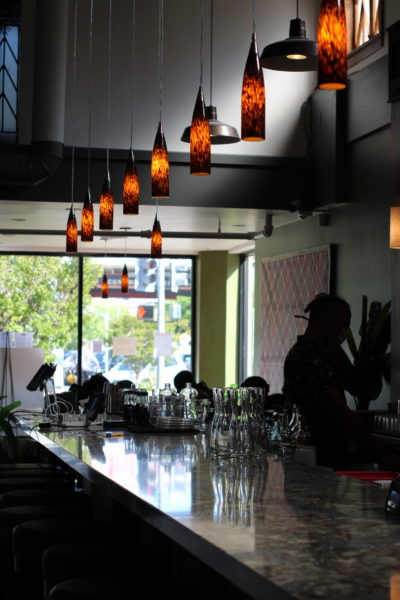
There is hope for the businesses as San Mateo is now in the yellow tier.
“For Mother’s Day, we [had] four … classes … and three other events,” McNamara said. “They were the first public events … we were able to offer.”
Salum also reflected on the improvements in their restaurant’s current state.
“We are … almost back to normal from last year,” Salum said. “I’m surprised, because … with … the 50% capacity rule, you would think that we would make less, but since we have outdoor dining, there is more space.”
Local businesses will continue to adapt to the unique circumstances imposed by COVID-19.




